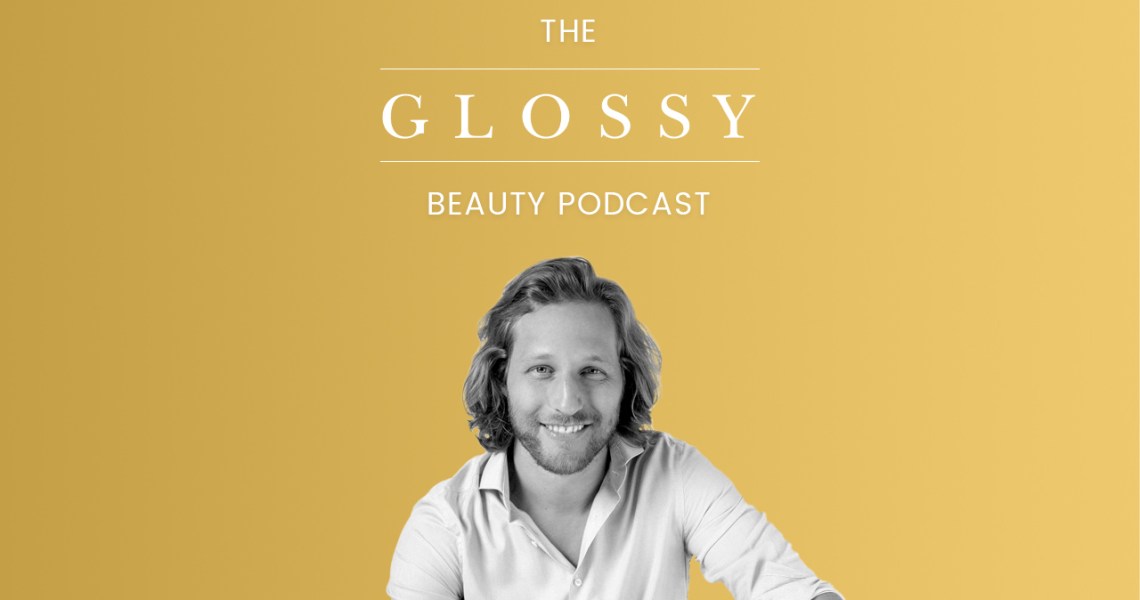Subscribe: Apple Podcasts | Stitcher | Google Play | Spotify
Telemedicine visits may be up, but people have less usual access to their doctors and other hair specialists (like stylists and plastic surgeons) for less than urgent care.
Hair and wellness company Nutrafol works with more than 1,500 specialists, using them as their frontline to reach consumers with their clinically tested products. “We started to sell in doctors’ offices, we started to sell in salons, because people trust their stylist,” Tsetis said on the Glossy Beauty Podcast. “Their stylist is never going to recommend something that they truly don’t believe in. They’re not salespeople.”
At least, that was before the coronavirus pandemic took hold and lockdowns around the world began. Nutrafol reacted by creating a platform for those experts on its DTC site. “We did this in about three weeks. And this platform really enabled product sales in the professional channel while salons and offices are closed,” Tsetis said. “It’s a typical drop-ship model.”
A slump in customer acquisition costs “because a lot of other companies reduced advertising spending” has helped contribute to it. In April, according to Tsetis, Nutrafol’s CAC cost fell 30% alongside a tripling of new customers.
Tsetis talked about the importance of treating hair loss, especially as stress is at an all-time hight, steady sales growth on Amazon and how the company has avoided Covid-19-related layoffs.
Here are a few highlights from the conversation, which have been lightly edited for clarity.
Ad position: web_incontent_pos1
Treating doctors like thought leaders
“We always believed, in order to make a difference and truly help people, we have to invest heavily in clinical trials and science. We did years of research, our foundation was with doctors. We started to sell in doctors’ offices, we started to sell in salons, because people trust their stylist. Their stylist is never going to recommend something that they truly don’t believe in. They’re not salespeople. We always believed: let’s focus on the thought leaders, the hair experts, the dermatologists and the plastic surgeons, and educate them and share the science and knowledge that we have. That’s how we built our brand foundation. In the meantime, in parallel, we started to sell e-comm. The majority is direct-to-consumer, because that relationship, because us and the customer is incredibly important. When Covid-19 hit, what we saw is that obviously the doctors’ offices and the salons started to close. We saw that coming after some of these announcements, very quickly we saw that dip happen. Now, the good news is that the majority of our business is direct-to-consumer.”
A DTC platform to benefit partners and themselves
“We have a great e-comm and tech team. We pivoted quickly, building a direct-to-consumer platform for physicians and stylists. We did this in about three weeks. And this platform really enabled product sales in the professional channel while salons and offices are closed. It’s a typical drop-ship model. But most importantly, we don’t want to own that relationship because this is a relationship earned by the doctors and the stylists. Maintaining that, and truly being a partner for them to facilitate that was incredibly important. We were able to do that, and we’ve seen some great results, so far.”
Reducing operating costs, and fast
“We are a growth company, so there’s a lot of expenses within the P&L that are ‘nice to haves,’ that are not necessarily mission critical. For example, a growth budget is X. By reducing your growth budget, you can still acquire a similar amount of customers or even exceed the number of new customers. There’s some changes that we made there, just overall expenses. If you start being more efficient in every single department, then the results really show. That’s what we have been doing. We really reduced our opex burn by about 55% in a matter of six weeks.”




